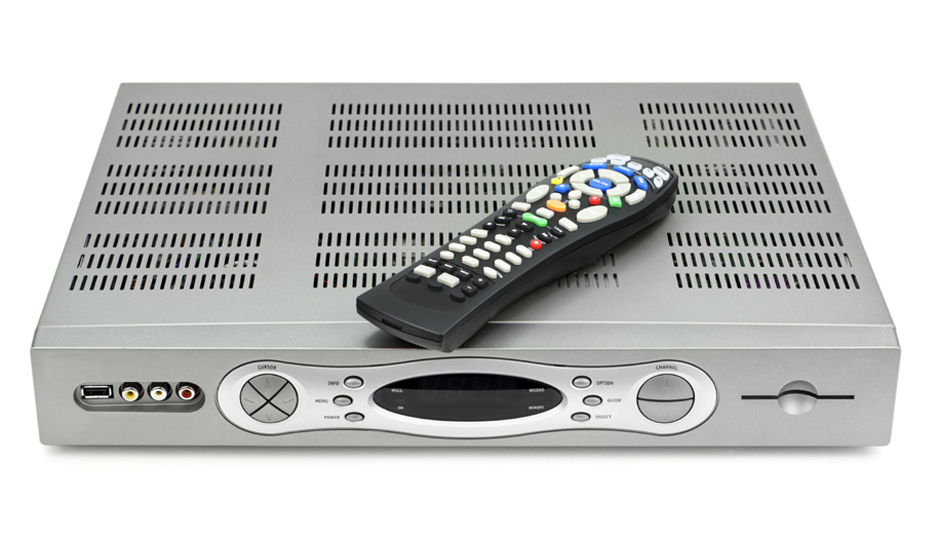Comcast Slams FCC’s Cable Box Ruling

Would you buy one of these from a company not named Comcast, Verizon or Time Warner Cable?
Comcast Vice President David L. Cohen is lashing out at the FCC after it voted to move forward with a proposal to allow customers to get cable TV set-top boxes from third-party vendors. That would certainly shake up the cable TV industry. Currently, customers can only get set-top boxes from providers like Comcast or Time Warner Cable and those typically come with a rental fee. In fact, FCC Commissioner Mignon Clyburn noted at the FCC meeting that the cost of a set-top box has risen at more than three times the rate of inflation costing American families more than $200 per year.
The rule change isn’t a done deal yet. Now comes a lengthy comment period followed by a final vote in a few months.
In a blog post, Cohen said the deal will “lead to a new, anti-consumer government technology mandate” and said the FCC is “divided along partisan lines.”
“The Commission’s divided action is flawed because it ignores the FCC’s own technical advisory committee report and instead puts the Commission’s thumb on the scale by endorsing a government-mandated technology solution. The right way to proceed would have been to issue a balanced rulemaking Notice and develop an appropriate record to make a rational judgment,” Cohen wrote. “This vote squarely conflicts with the bi-partisan directive Congress sent to the FCC to establish a technical advisory committee to study device security issues to further the retail availability of devices.”
He also said it ignores the future of technology, which could be largely driven by apps — meaning people may not even need set-top boxes.
“Today’s action inexplicably ignores the market-driven ‘apps’ based approach suggested by the technical committee, which is rapidly proliferating in the market and giving consumers unprecedented options to receive video programming services,” he wrote.
Cohen went on to say that the FCC is ignoring Democrats and Republicans who object to the proposal, and said the FCC’s history of imposing technological mandates is “littered with failure.”
“The FCC imposed a CableCard technology mandate on cable operators years ago purportedly to drive greater retail availability of set-top boxes, but after more than $1 billion of costs to consumers, that approach has proven to be ineffective. Just five years ago, the FCC considered, and wisely abandoned, a similar proposal, known as ‘AllVid.’ Since that time, we’ve seen an explosion in innovation and competition in the video marketplace,” wrote Cohen. “A new government technology mandate makes little sense when the apps-based marketplace solution also endorsed by the FCC’s technical advisory committee is driving additional retail availability of third-party devices without any of the privacy, diversity, intellectual property, legal authority, or other substantial concerns raised by the Chairman’s mandate.”
Like what you’re reading? Stay in touch with BizPhilly — here’s how:
- Follow BizPhilly on Twitter and follow editor Jared Shelly here.
- Get the BizPhilly Newsletter
- Like BizPhilly on Facebook
- Check out the BizPhilly homepage


